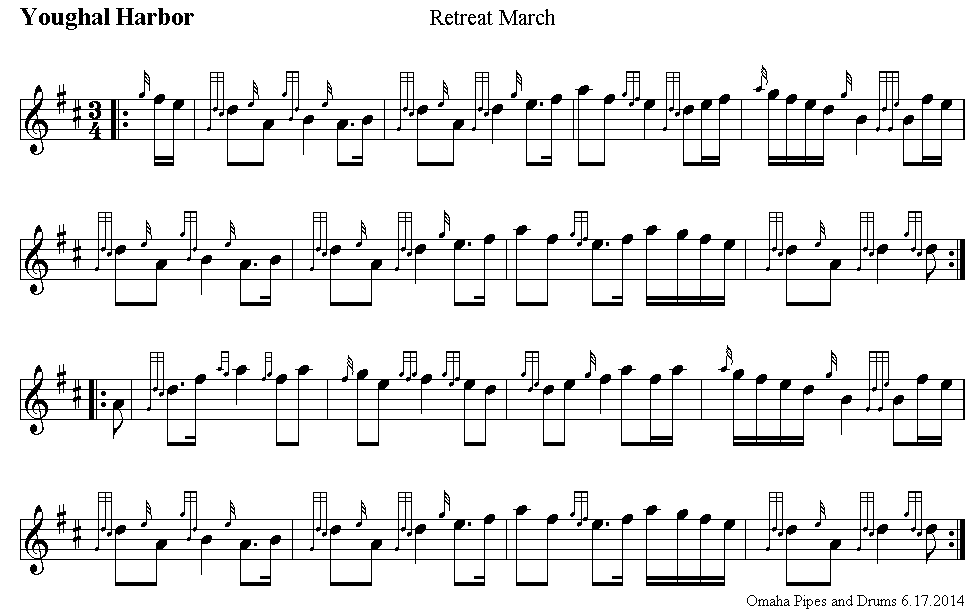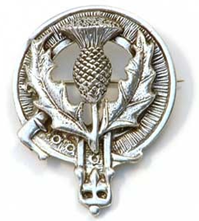|
Youghal
is a seaside resort town in County Cork, Ireland. The
name Youghal comes from the Irish Eochaill
meaning "yew woods", which were once plentiful in the
area. Older Anglicization of this name include
Youghall, Yoghel and Yochil.
In late March
830 there was a "great convulsion of nature" in the
province of Munster. This changed the flow of the River
Blackwater moving its mouth from Whiting Bay and forming
the harbor of Youghal. 1,010
people were lost by a fierce storm when the sea broke
its banks. Soon afterwards in 853 a
detachment from the Norman invasion built a fortress in
Youghal and laid the foundation of a commercial seaport.
In 1130, St Bernard writes of Lismore as the capital
city of Munster and describes Youghal as the port of
Lismore.
Youghal was
incorporated in 1209 by King John and the town was
colonized with men-at-arms, traffickers and other
adventurers from Bristol. As a historic walled seaport
town on the coastline of east Cork, it has many historic
buildings and monuments within its ancient town walls,
and has been designated as an Irish Heritage Port by the
Irish Tourist Board. It remains a popular tourist
destination today. Notable buildings in the town
include Myrtle Grove and St Mary's Collegiate Church,
thought to have been founded by St. Declan around 450
(rebuilt in 750 and the nave built in 1220).
Sir Walter
Raleigh was Mayor of Youghal in 1588 and 1599 and lived
at Myrtle Grove, the Warden's Residence of the
Collegiate Church. In 1954, John Huston filmed part of
Moby-Dick there, with the town standing in for
New Bedford.
Here then is the retreat march, Youghal Harbor.

|



